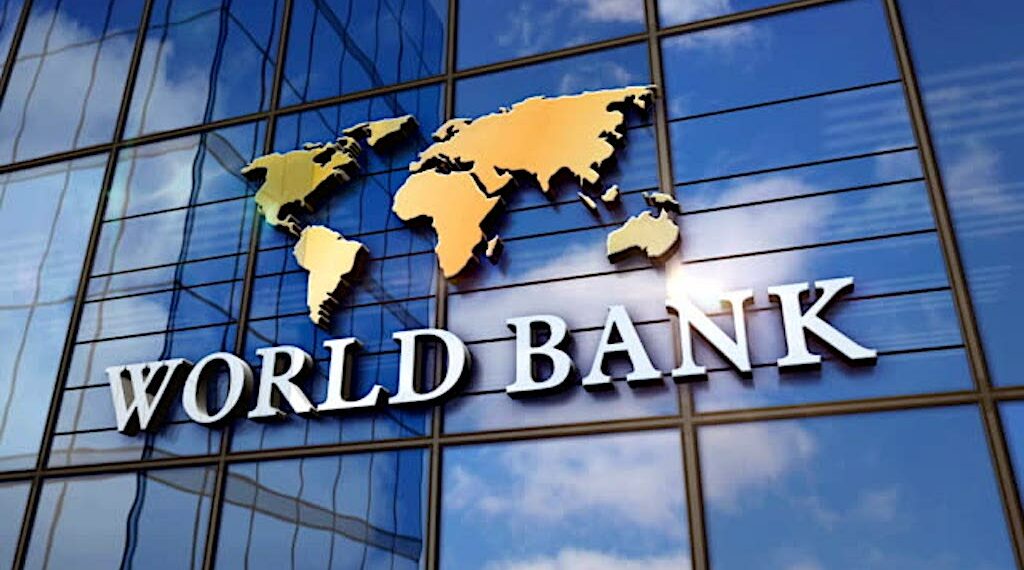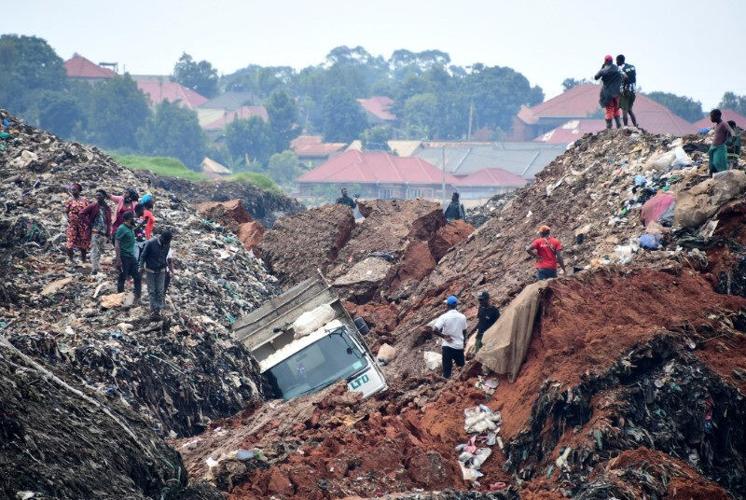The World Bank and French Development Agency (AFD) have committed more than $600 million in aid to Uganda for infrastructure development and waste management in the capital city of Kampala, according to statements released Thursday by the government and World Bank.

The aid package comes in response to longstanding complaints from Ugandans about poor waste management and deteriorating road conditions in Kampala, issues exacerbated by chronic underfunding from the central government. The urgency of addressing these problems was underscored last month when a garbage landslide at a landfill site on the outskirts of Kampala buried houses as residents slept, resulting in at least 35 deaths.
The World Bank will provide $566 million, primarily in the form of credit, while the AFD will contribute $42.7 million. “Rapid urban expansion has exposed significant gaps in infrastructure,” the World Bank stated, highlighting the pressing need for urban development assistance.
This aid announcement comes after the World Bank had previously stated it would halt lending to Uganda following the country’s passage of a strict anti-gay law last year. The World Bank did not immediately respond to Reuters’ request for an explanation regarding the lifting of this assistance ban.

The substantial funding is expected to address critical infrastructure needs in Kampala, potentially improving living conditions for residents and enhancing the city’s capacity to manage waste effectively. However, the reversal of the World Bank’s lending stance may raise questions about the institution’s policy consistency regarding human rights issues.
As Uganda moves forward with these infrastructure projects, the international community will likely monitor both the implementation of the funded initiatives and any potential shifts in the country’s social policies that may have influenced the resumption of aid.


